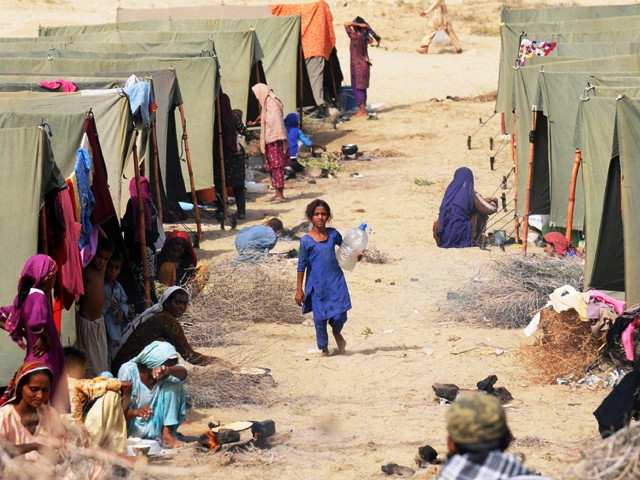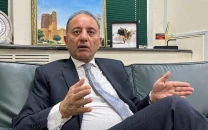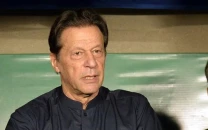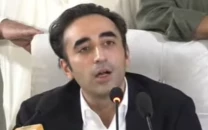EU aid increase
European Union’s announcement that it plans to increase aid to Pakistan in the wake of the floods is welcome news.

Most goods that Pakistan exports to the EU are from the textile sector. The textile and garments sector worldwide operates with integrated global supply chains, meaning that buyers seek to engage in long-term contracts with suppliers in order to maintain their “just-in-time” business model. A temporary decrease in tariffs from the EU would be nothing more than a symbolic gesture since most European buyers would not be willing to grant Pakistani manufacturers long-term contracts owing to the time-limited nature of the trade concessions.
We do not question the sincerity of the EU to help the people of Pakistan. We do, however, question the efficacy of their methods. The €320 million pledge for aid is taken with gratitude but far more useful would be permanent access to European markets that allows Pakistanis to earn their way out of poverty and destitution. For the past several years, EU officials have been harping about several reforms that Pakistan needs to undertake before such access can be granted. Yet this is perverted logic: a more prosperous economy is likely to create the space for the political reforms the EU is seeking rather than the other way around.
Published in The Express Tribune, October 4th, 2010.



















COMMENTS
Comments are moderated and generally will be posted if they are on-topic and not abusive.
For more information, please see our Comments FAQ